Arctic Winter School (Kiruna)
Dates of the course: 17 February - 20 March 2026
Teaching language(s): English
Credits: 3 ECTS
Contact: victoria.barabash@ltu.se / annacarin.larsson@ltu.se
Universities involved:
- Luleå University of Technology
- AGH University of Science and Technology
- University of Toulouse
Profile and prerequisites:
- English level B2
Teaching modalities:
- 17.02.2025- On.line session
- 13.03.2025 Assignment 4: Project briefing meeting via zoom
- 17.03.2025 Submission of the Assignment 2: Arctic Science On-line
- 14-21 March Assignment 3: Quiz Arctic Science is open
- 21.03.2025 Submission of the Assignment 3: Quiz Arctic Science
- 20.03.2025 Assignment 4: Conference Space for a Sustainable Arctic - project presentations via zoom
- 3-7 March On-site in Kiruna
Student mobility: Student mobility is expected in February-March 2025, in Kiruna.
Assessment modalities: Assignments, Quizz, Project work.
Open to students available for a short mobility between February and March.
How to apply: Students apply at their home universities. Nominations are sent to LTU for further registration.
Description:
Arctic Winter School is an introductory course for students from different academic fields and from all UniversEH partner universities that gives insight into the interdisciplinary fields of Arctic space, environment, and culture:
- Environment and society in the changing Arctic. The Arctic Five collaboration.
- Polar atmosphere and its significance for solar-terrestrial interactions, space weather.
- Auroral physics and observations.
- Optical phenomena in the polar regions.
- Snow and ice in different perspectives.
- Arctic climate systems and climate change.
- Nano satellites and balloons for polar research.
- Product innovation for Arctic space.
- Terminology for New Space and polar research, linguistic aspects of intercultural communication.
- Survival in a cold environment.
The first week of the School takes place at Luleå University of Technology, Kiruna Space Campus, and includes lectures and workshops. During this week, there will be study visits to:
- Esrange Space Center
- Swedish Institute of Space Physics (IRF)
- EISCAT Scientific Association
- Abisko Scientific Research Station
- LKAB iron ore mine
- ICEHOTEL in Jukkasjärvi
The course also includes cultural and social activities. The learning outcomes are assessed through assignments, workshops, and projects.
Lecturers:
- Victoria Barabash
- AnnaCarin Larsson
- Anna Krukiewicz-Gacek
- Dag Avango
- Mathias Milz
- Thomas Kuhn
- Rene Laufer
- Peter Törlind
- Josiane Mothe
- Nina Lintzen
Objectives: The aim of the Winter Arctic School is to give students studying on traditional degree programs at UniverseH partner universities insight into the interdisciplinary fields of Arctic space, environment and culture.
The school includes a presentation of the scientific research and cultural activities in the Kiruna area and a number of visits.
Course Learning Outcomes: The student will acquire knowledge about the Earth polar atmosphere, optical phenomena, snow and ices in different perspectives, climate change and its significance for the Arctic region, scientific platforms (CubeSat, balloons) for Arctic exploration. The student will be able to explain polar phenomena and processes, as well as to determine their significance from the holistic perspective.
The student will acquire knowledge and understanding related to product innovation for space sector with polar perspectives. The student shall also acquire knowledge about sustainable regional development, resource exploitation and impacts on the involved societies. As a complementary knowledge the student will learn New Space and Arctic related terminology in different languages and understand intercultural communication.
